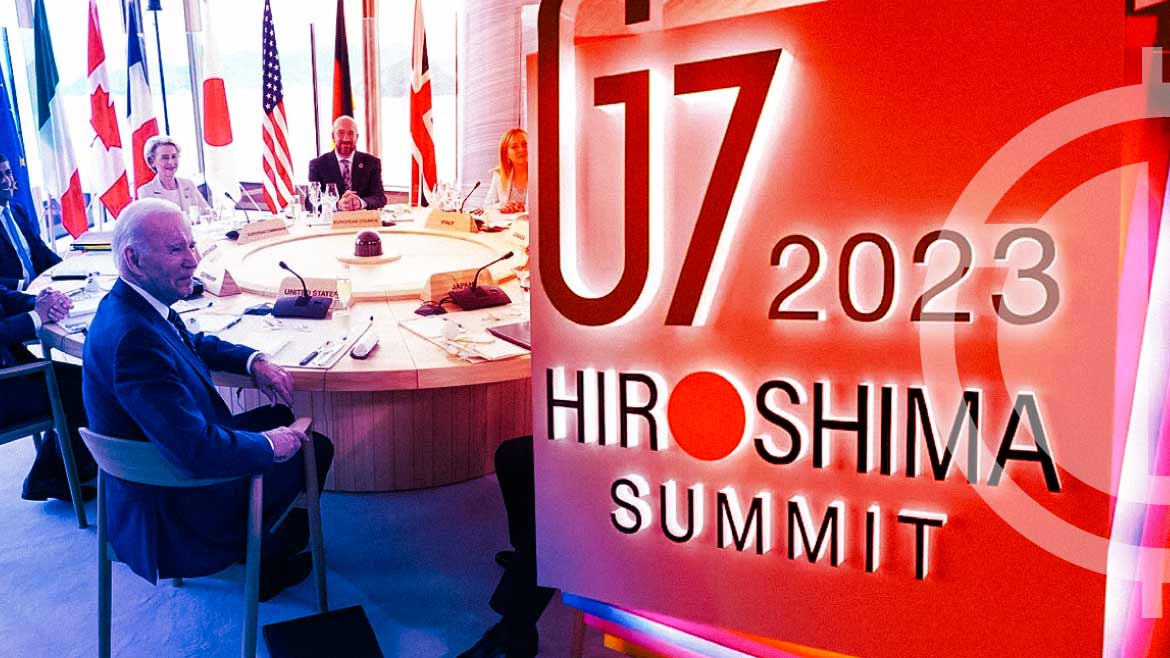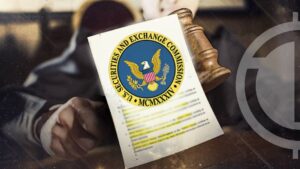
Recently, the Group of Seven Nations Leaders have reached a consensus regarding the importance of governance aligning with G-7 values in generative AI. The leaders have expressed apprehension about the potential disruption posed by the swift proliferation of advanced technologies.
To ensure that AI development is human-centered and trustworthy, Japanese Prime Minister Fumio Kishida encouraged collaboration on a secure, cross-border data flow, providing financial support for such an initiative. The plea for stronger regulation is echoed by industry and government officials worldwide, following OpenAI’s ChatGPT, which sparked competition among companies to build the technology faster.
Concerns have been raised over the potential misuse of technological advancements that enable the creation of highly convincing text, images, and videos. Experts warned that these tools could become a potent weapon for spreading disinformation and causing political upheaval if left unchecked. Sam Altman, the CEO of OpenAI and the privacy chief of International Business Machine Corp., has urged US senators to impose stricter regulations on AI.
The World Health Organisation has issued a statement cautioning against the hasty adoption of AI technology in the medical field. According to the organization, such a move could lead to medical errors, which in turn could undermine trust in the technology and delay its widespread implementation.
The UK Prime Minister, Rishi Sunak, intends to develop a policy that could effectively handle the advantages and disadvantages of Artificial Intelligence (AI). To achieve this goal, he has extended an invitation to Altman and other experts in the field to visit the UK. In a move towards regulating AI tools, the European Union has mandated that companies ensure users are aware when interacting with AI.
Additionally, the EU has prohibited the real-time use of AI for identifying individuals in public. In a recent statement, Altman expressed his openness to establishing a new regulatory authority, citing its potential to uphold the United States’ dominant position in the industry.














